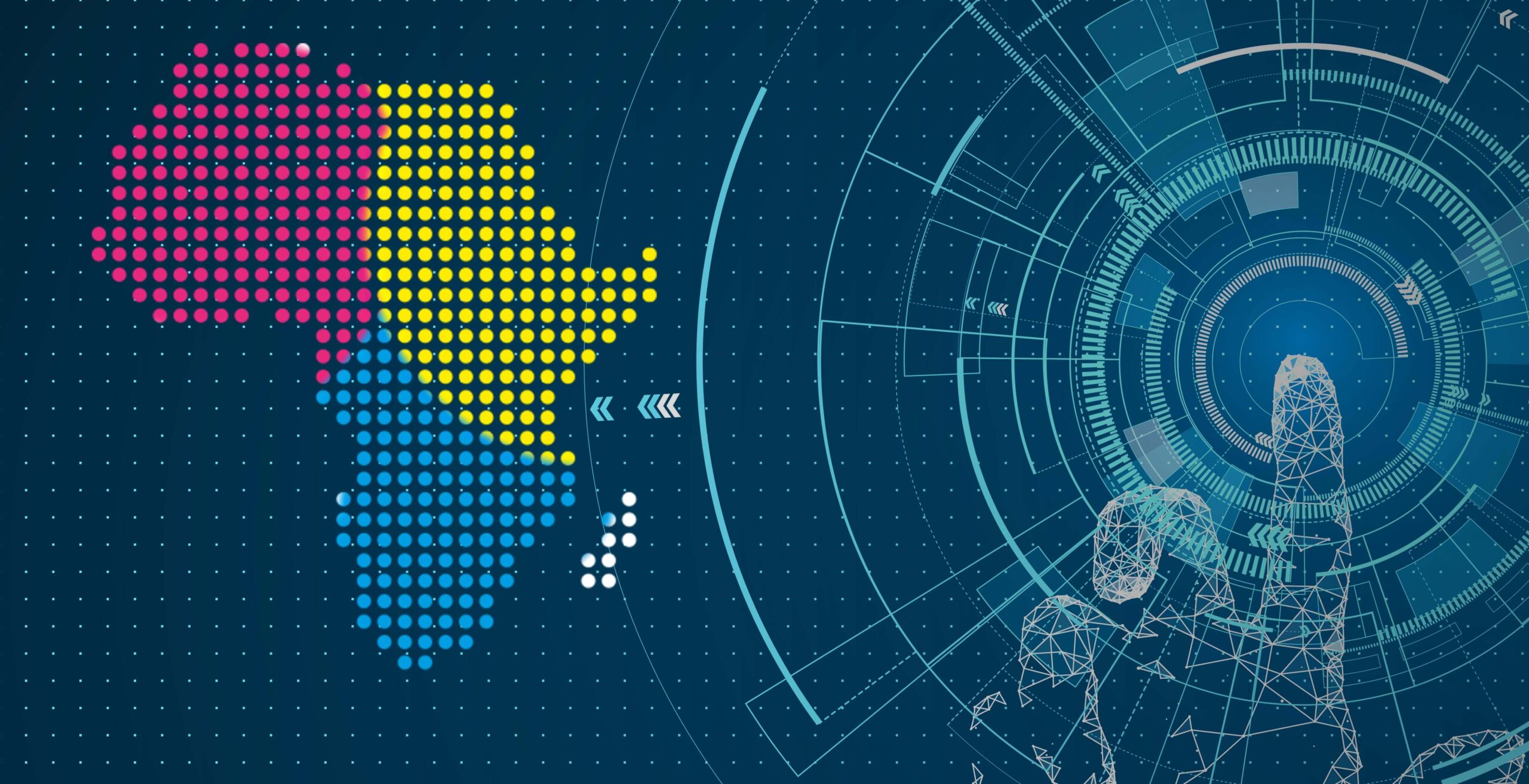Market depth is a vital metric for traders and investors, enabling them to gain valuable insights into a market’s dynamics and make informed decisions. It helps in identifying potential price levels for buying and selling, ultimately leading to more effective trading strategies. However, according to Absa’s 2023 Africa Financial Markets Report, the challenging global economic environment has once again impacted the financial markets in Africa.
The report highlights several factors affecting domestic markets, including inflation, rising interest rates in advanced economies, and geopolitical tensions. Market depth, specifically, is a measure of the supply and demand for a particular financial asset, be it stocks, cryptocurrencies, or commodities, within a specific market. It provides crucial information about asset liquidity and potential price movements.
Absa used several economic pillars to determine the top financial markets in Africa, with market depth being one of them. Each pillar was scored on a scale of 100, with some countries achieving scores close to the maximum of 100 and others closer to the minimum of 10.
Here are the top ten African countries with the highest market depth:
- South Africa – Score: 100
- Morocco – Score: 60
- Nigeria – Score: 56
- Mauritius – Score: 56
- Botswana – Score: 54
- Tanzania – Score: 49
- Ghana – Score: 46
- Uganda – Score: 46
- Tunisia – Score: 45
- Namibia – Score: 43
These rankings demonstrate the varying levels of market depth across African countries, with South Africa leading the pack with a perfect score. Market depth is a critical factor in shaping the investment landscape and economic growth in these nations.











